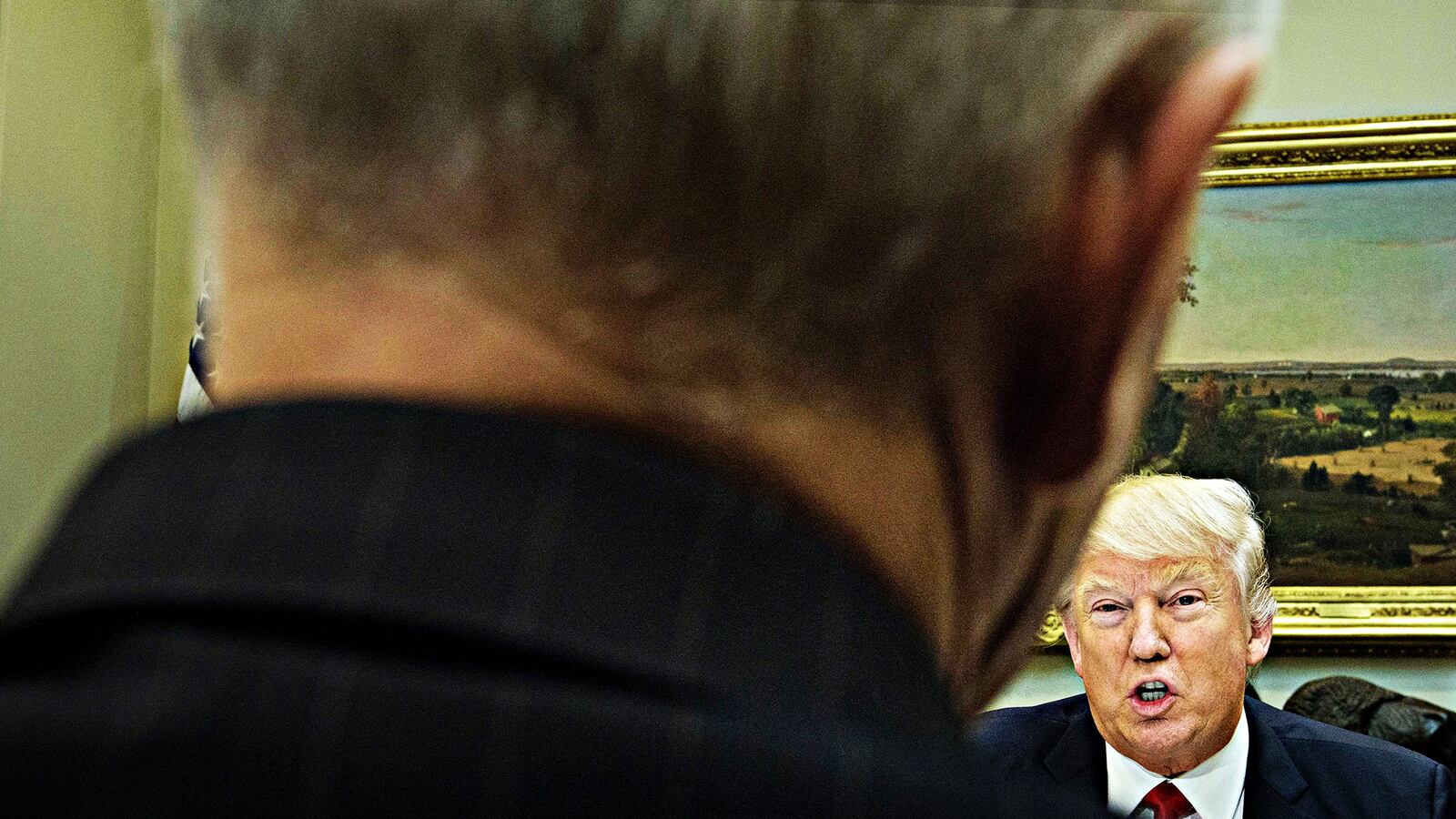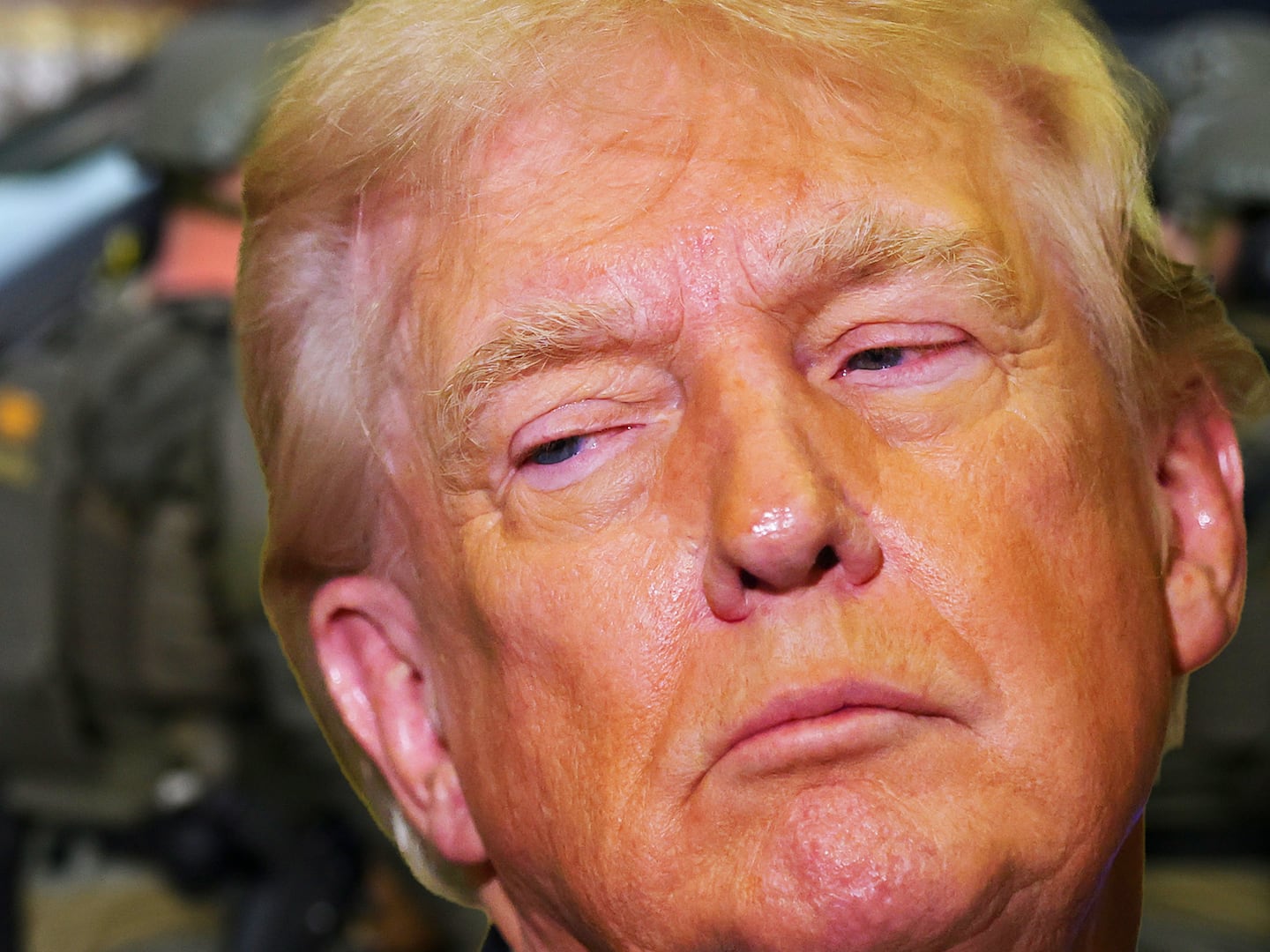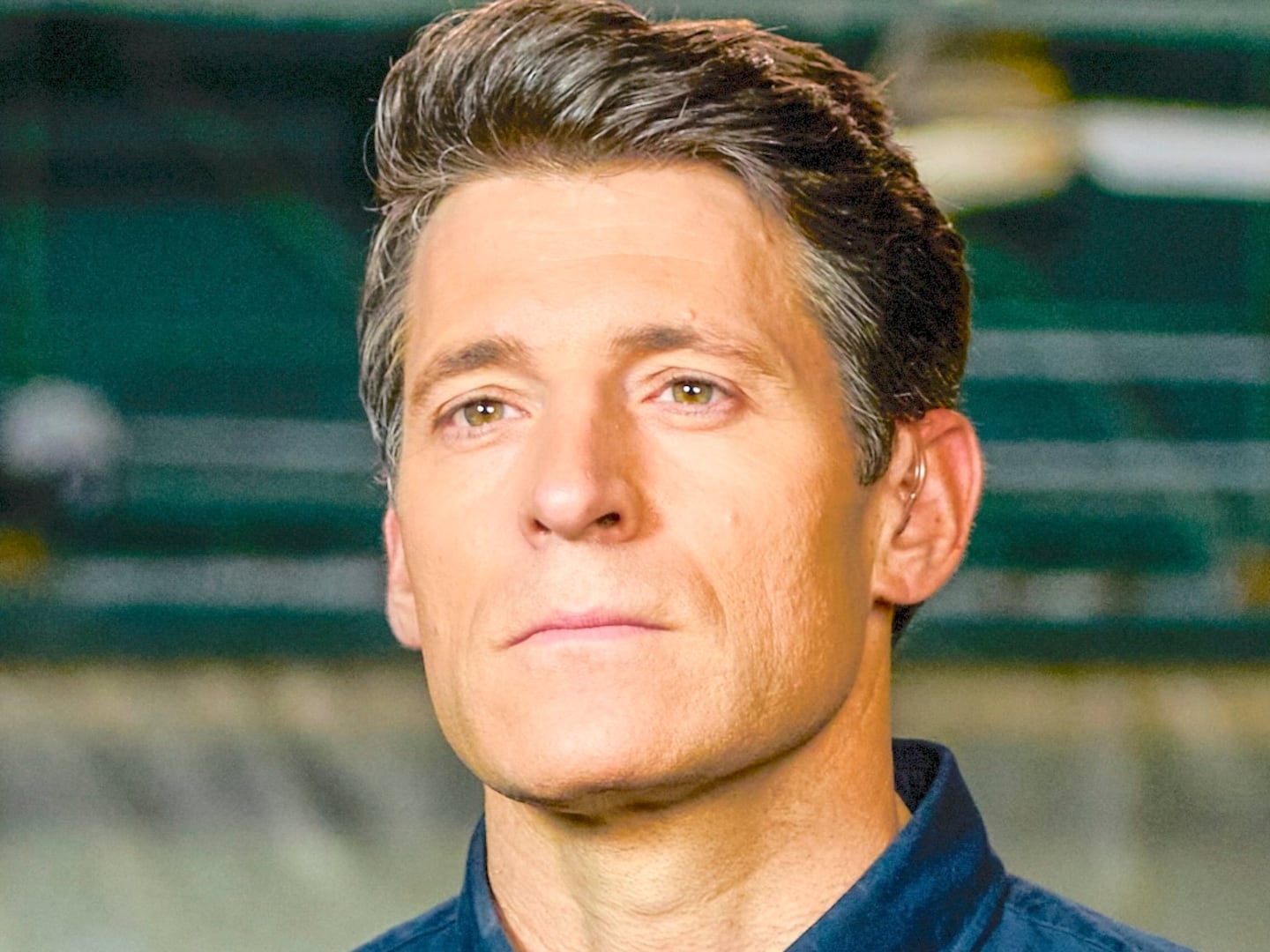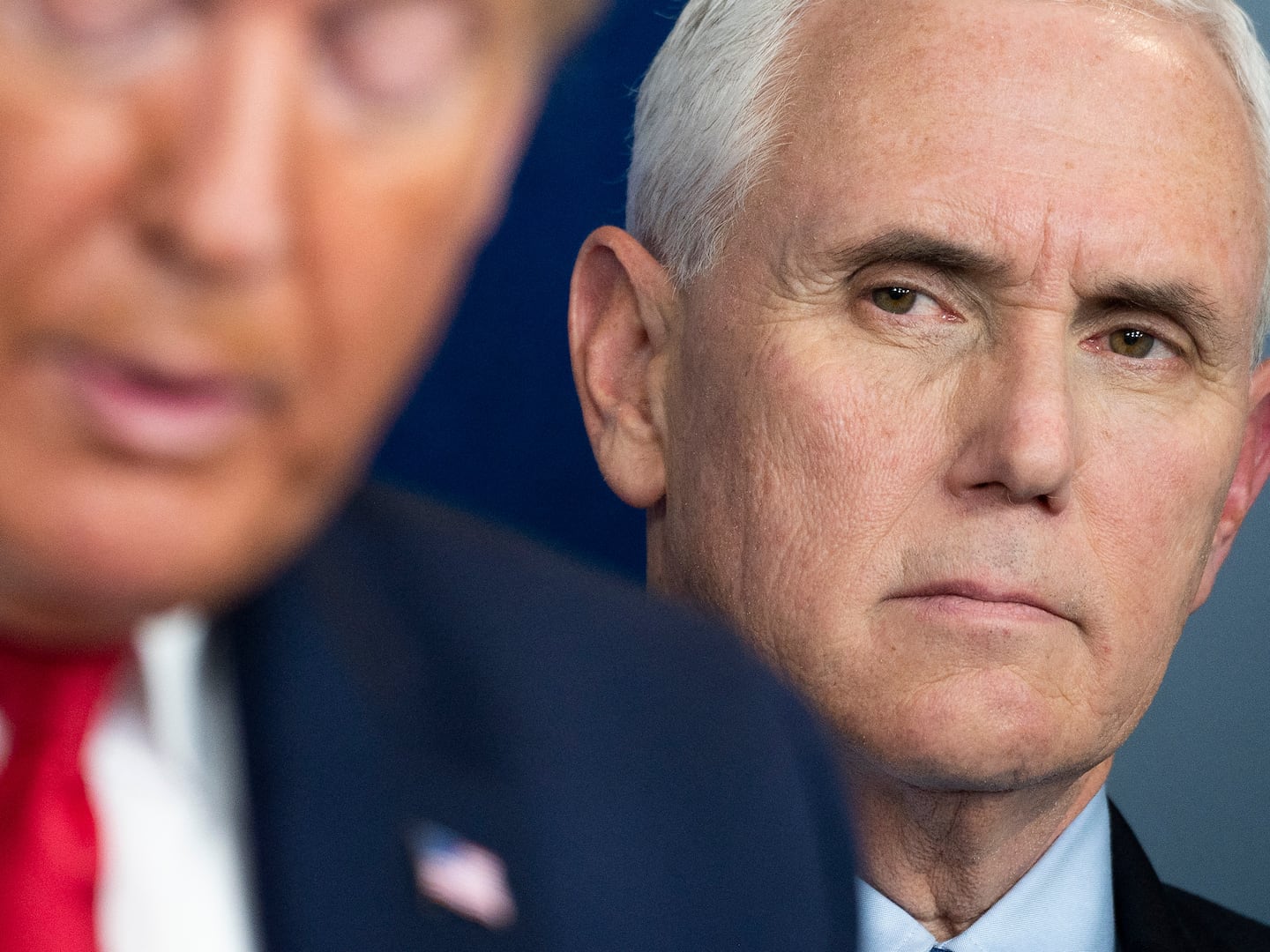With a new administration and president so unlike anything we have seen before, it may seem fruitless to try to draw any instruction from the past. But there’s one lesson, almost half a century old, that raises what may well be the most fundamental question about the Trump presidency—a question that could well be literally a matter of life and death.
In early 1968, the Vietnam War had become a quagmire. More than 500,000 Americans were in combat there; 500 were dying every week. Dissent was spreading not only on college campuses, but also within the Democratic Party. A peace candidate, Minnesota Senator Eugene McCarthy, was mounting a primary challenge to President Lyndon Johnson.
When Johnson realized that Defense Secretary Robert McNamara was increasingly plagued by doubt, he replaced him with Clark Clifford, the consummate Washington lawyer-lobbyist, who had been a key counselor in Democratic Party affairs for 20 years, as well as a highly paid lawyer with blue-chip corporate clients. After the 1960 election, President Kennedy said of Clifford’s assistance, “All he asked in return was that we advertise his law firm on the backs of one-dollar bills.”
Clifford had been one of Johnson’s more hawkish confidants as the war escalated, but within days of his nomination, the Tet Offensive—a series of attacks by North Vietnamese and Viet Cong forces across South Vietnam—had shaken U.S. confidence that there was a light at the end of the tunnel. When the Pentagon asked for an increase of 206,000 troops, Johnson asked Clifford to chair a task force to probe exactly where and how the troops would be deployed. The result was a revelation.
“I know for three full days I spent down in the tank with the Joint Chiefs of Staff, where you sit with all of the communications devices that go all over the world,” Clifford recalled years later in a PBS television interview. “We had long talks. How long would it take? They didn’t know. How many more troops would it take? They didn’t know. Would 206,000 answer the demand? They didn’t know. Might there be more? Yes, there might be more. So, when it was all over, I said, ‘What is the plan to win the war in Vietnam?’ Well, the only plan is that ultimately the attrition will wear down the North Vietnamese and they will have had enough. Is there any indication that we’ve reached that point? No, there isn’t.
“As a result of that kind of interview, and that kind of information, before the final examination was over and we submitted our reports to President Johnson, I had turned against the war.”
The next step—the key step—was to convince the president that his present course of action was doomed to failure. The turning point came on March 25, just a week after Robert Kennedy had entered the presidential race, and days before the president had planned a “Churchillian” speech to the nation, attempting to rally the country behind the war.
On that day, LBJ gathered a group of senior advisors, from inside and outside the administration, men who had supported escalation every step of the way. They were labeled “the wise men”—figures like former Secretary of State Dean Acheson, former Ambassador to Vietnam Maxwell Taylor, and former National Security Adviser McGeorge Bundy.
To his shock, the group advised him not to increase ground forces, to halt most of the bombing of the North, and to find some alternative approach to ending the war. As Clifford put it, “Now here was a group saying, ‘Mr. President, stop trying to win the war. Start cutting back. Don’t send any more men. We think you ought to get out.’ It was a very bitter pill for him.”
But he swallowed it. A week later, on March 31, Johnson went before the nation to announce a halt in the bombing, and a willingness to negotiate with North Vietnam and the insurgent forces in the South. He also announced, “I do not believe that I should devote an hour or a day of my time to any personal partisan causes or to any duties other than the awesome duties of this office—the presidency of your country. Accordingly, I shall not seek, and I will not accept, the nomination of my party for another term as your president.”
The relationship between LBJ and Clifford suffered permanent damage. By late 1968, Johnson was increasingly rejecting Clifford’s advice, and Clifford had come to believe Johnson wanted Richard Nixon—a man Clifford despised—over Hubert Humphrey in that fall’s presidential race. (Clifford’s own reputation would suffer years later as a result of his involvement in a bank linked to criminal activity.)
But in March 1968, when a critical decision about war and peace was at stake, Johnson listened when he was told that his bedrock assumptions had been proven wrong—and changed course.
There may be no more vital aspect of a president’s character than the willingness to abandon deeply held beliefs when the facts demand it. For Johnson, whose primal fear of humiliation is rivaled only by that of Donald Trump’s, it meant giving up on the job he’d hungered for for decades.
For Richard Nixon, it meant heeding the advice of Republican leaders when the Watergate scandal overwhelmed him, rather than risking a constitutional crisis by rejecting a Supreme Court order to turn over the tapes that doomed him.
For Ronald Reagan, it meant acknowledging that in fact his administration had traded arms for hostages held by Iran. As he put it, in one of the more candid admissions of any president, “A few months ago I told the American people I did not trade arms for hostages. My heart and my best intentions still tell me that’s true, but the facts and the evidence tell me it is not.”
For George W. Bush, who’d launched the invasion of Iraq in 2003 on the premise that it would trigger a birth of freedom throughout the Middle East, it meant a radical change of policy—and a new defense secretary—three years later when that premise lay in ruins.
From this history, two questions emerge:
First: Is there any figure—inside this administration or out—with the willingness to present to President Trump an argument that he is on a wrongheaded, dangerous course?
Second: If there is such a person, is there any reason to believe that the president would listen and change course, as opposed to dismissing any argument, no matter how steeped in evidence, that suggests that he has been wrong?
It is impossible to overstate just how much may be riding on the answers to those questions.






